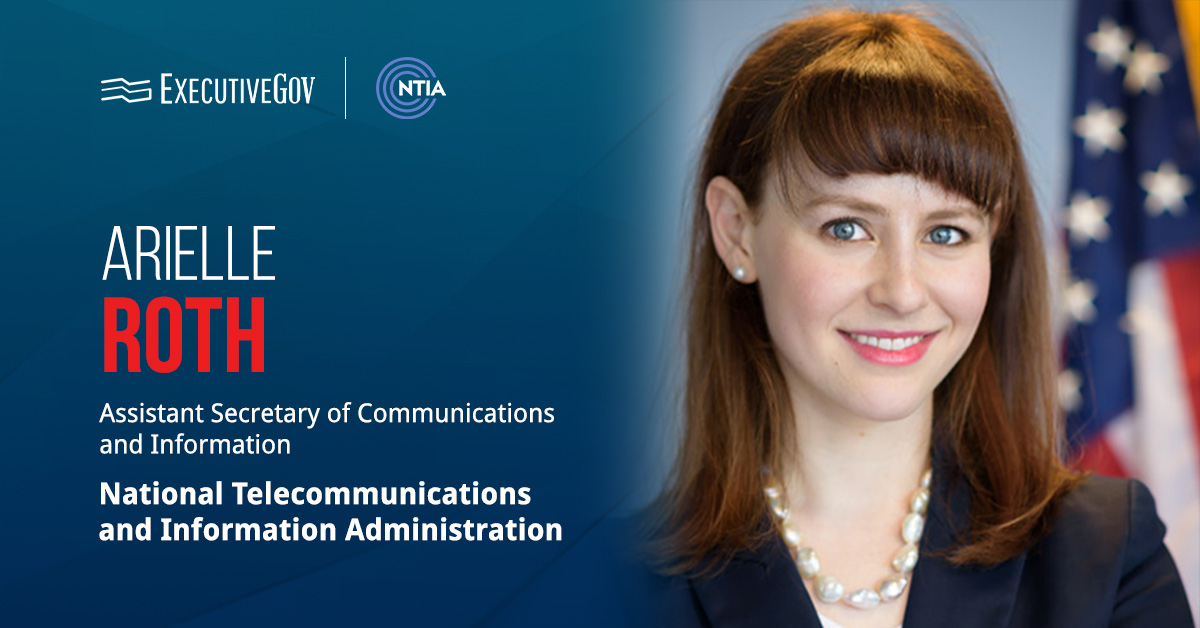The Senate has confirmed President Donald Trump’s nominee Arielle Roth to lead the National Telecommunications and Information Administration as assistant secretary of communications and information. On Wednesday, legislators voted 52-41 in favor of Roth’s appointment.
Table of Contents
Who Is Arielle Roth?
Roth has extensive experience and deep expertise in telecommunications. She currently serves as telecom policy director for Sen. Ted Cruz, R-Texas. She also held multiple roles at the Federal Communications Commission, including as a wireline adviser for former commissioner Michael O’Rielly.
In a statement, FCC Chair Brendan Carr congratulated Roth and said the new assistant secretary will play an important role in positioning the United States as a leader in wireless communications.
“After Congress passed President Trump’s One Big Beautiful Bill, which restored the FCC’s spectrum auction authority, it has become even more important to have terrific leaders like Arielle at NTIA to help unlock more spectrum for consumer use,” Carr commented. “Arielle and her team will be critical in the work to restore U.S. leadership in wireless, which promotes our economic and national security.”
She holds bachelor’s degrees from the University of Toronto and McGill University.
Arielle Roth’s Criticism of BEAD
Roth will now lead the Broadband, Equity, Access and Deployment, or BEAD, program, a $42.5 billion initiative to expand high-speed internet access across the country.
In a previous event, she said the program has “all kinds of legal requirements” and deters participation, driving up costs. She pointed out that BEAD has a strong preference for fiber, which goes against the Infrastructure Investment and Jobs Act of 2021 provision on tech neutrality.
In June, the NTIA issued revised BEAD program rules to remove preference for end-to-end fiber and, instead, call for broadband services that can deliver speeds of no less than 100/20 Mbps.





